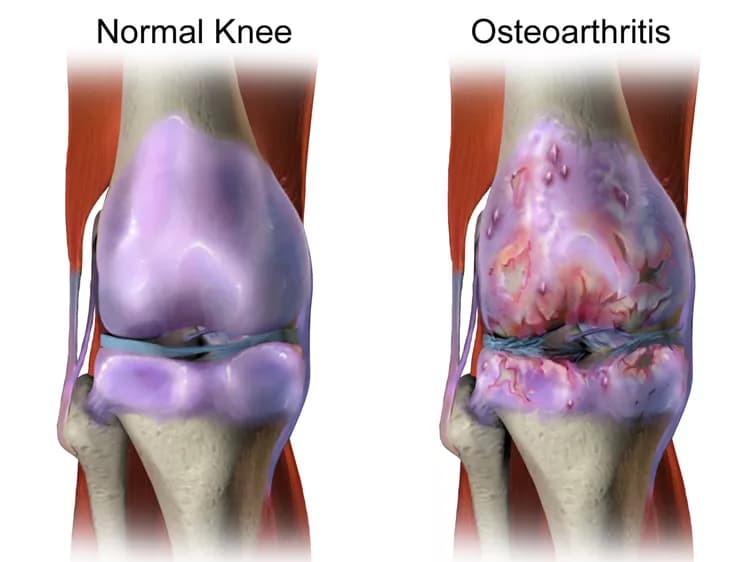
Calcium In The Prevention Of Postmenopausal Osteoporosis
A new clinical guide summarizes the evidence regarding the effects of calcium in reducing the risk of osteoporosis after the menopause.
Osteoporosis is common and affects 1 in 3 women. Calcium is vital for strong healthy bones and worldwide scientific societies have issued guidance about the daily requirements from childhood to old age. The European Menopause and Andropause Society (EMAS) has issued a new clinical guide with the aim of raising awareness of the importance of calcium in lowering the risk of osteoporosis.
The recommended daily intake of calcium after menopause varies between 700 and 1,200 mg, depending on the endorsing society. It is uncertain whether excessive intake can cause harm. Some epidemiological studies have raised concern about possible cardiovascular risk, dementia or even, paradoxically, fracture.
Calcium may be obtained from food or supplements containing calcium salts. Most people should be able to get enough calcium through healthy eating, but this is not always the case. Diets in Southern European have less dairy products than in Northern countries. Data from the NHANES database in the USA showed that less than one third of women aged 9 to 71 consumed enough calcium. Supplements are poorly tolerated and therefore not usually taken long term. Another reason for concern are the rates of over prescription of supplements above the recommended upper level of 2,000 mg/day. For example, one study found that 29% of supplements were over prescribed.
EMAS confirms that calcium is an essential part of the diet from childhood to old age, and that an approximate assessment of intake should be part of routine health checks. Women need to be more calcium-aware and mindful of calcium-rich foods. But more is not better, and women should be warned that intakes above the recommended levels may be useless or, although still debated, may cause harm.
Materials provided by Elsevier. Note: Content may be edited for style and length.
Disclaimer: DoveMed is not responsible for the accuracy of the adapted version of news releases posted to DoveMed by contributing universities and institutions.
References:
Antonio Cano, Peter Chedraui, Dimitrios G. Goulis, Patrice Lopes, Gita Mishra, Alfred Mueck, Levent M. Senturk, Tommaso Simoncini, John C. Stevenson, Petra Stute, Pauliina Tuomikoski, Margaret Rees, Irene Lambrinoudaki. (2017). Calcium in the prevention of postmenopausal osteoporosis: EMAS clinical guide. Maturitas. DOI: 10.1016/j.maturitas.2017.10.004
Related Articles
Test Your Knowledge
Asked by users
Related Centers
Related Specialties
Related Physicians
Related Procedures
Related Resources
Join DoveHubs
and connect with fellow professionals

0 Comments
Please log in to post a comment.